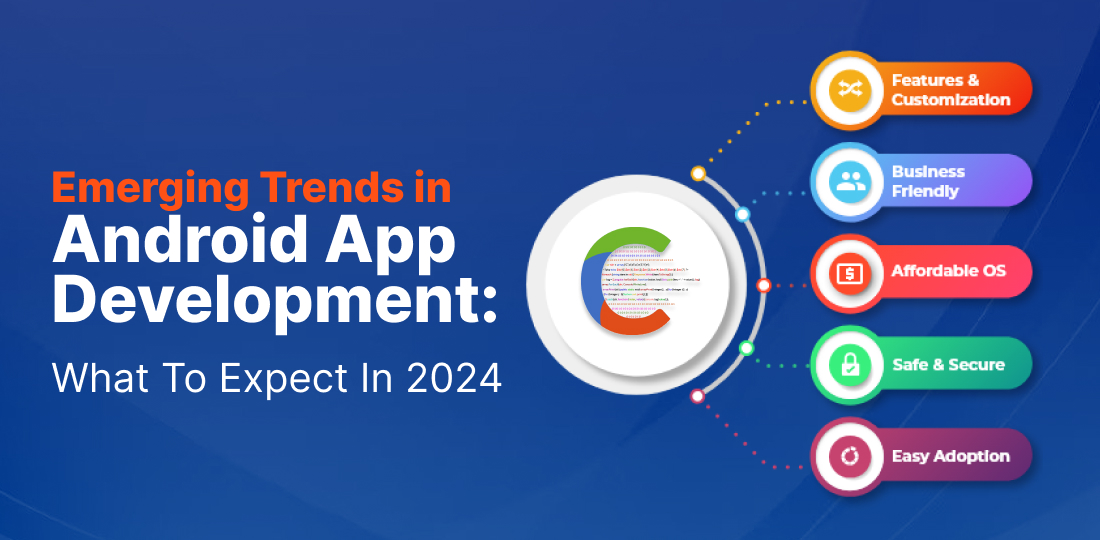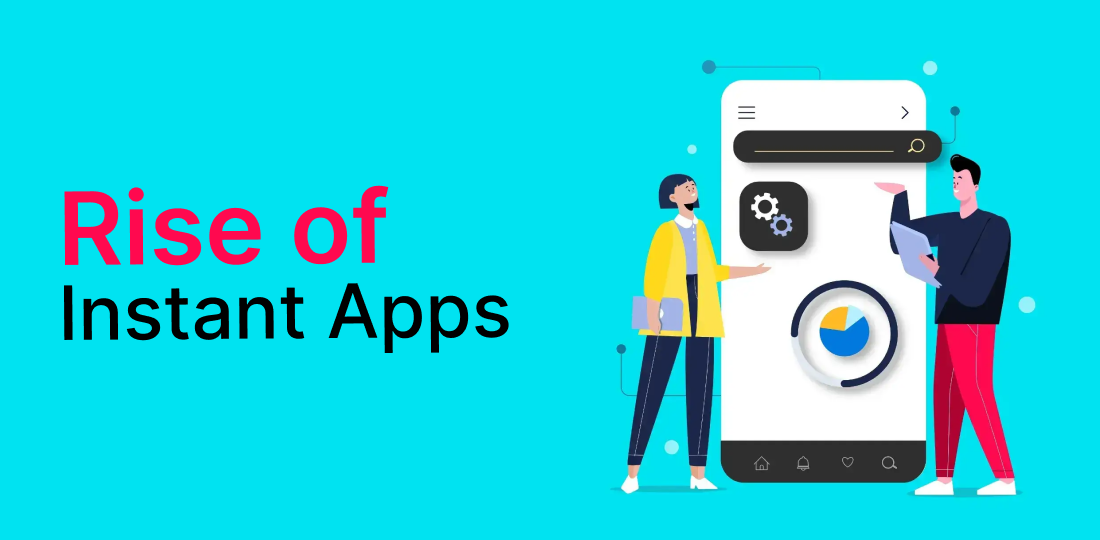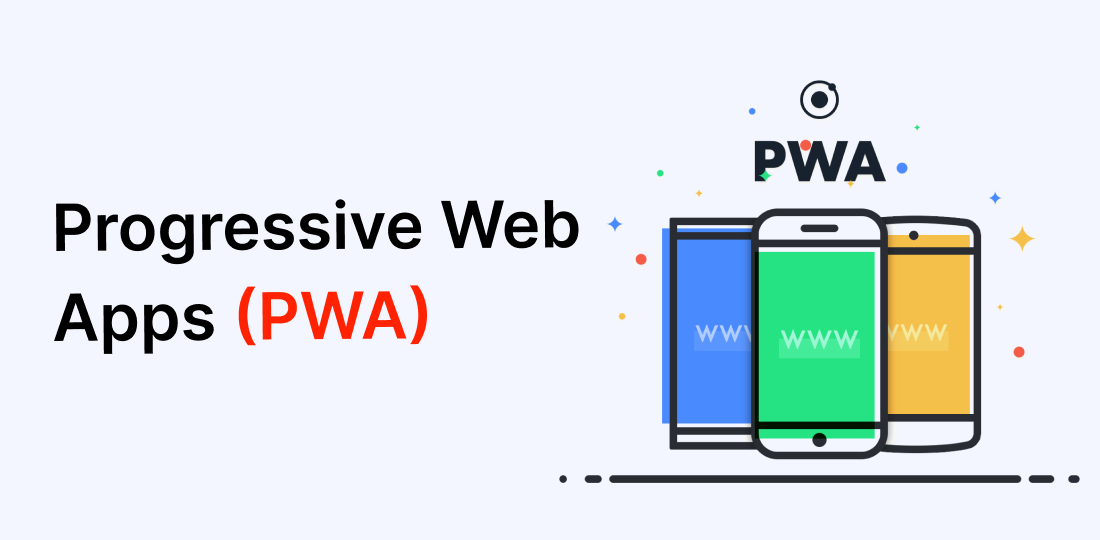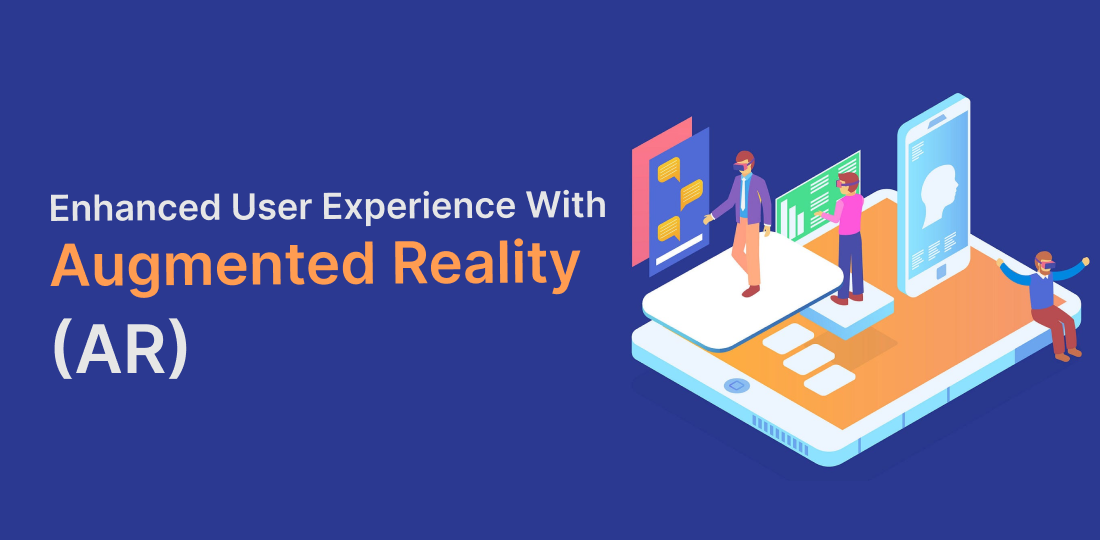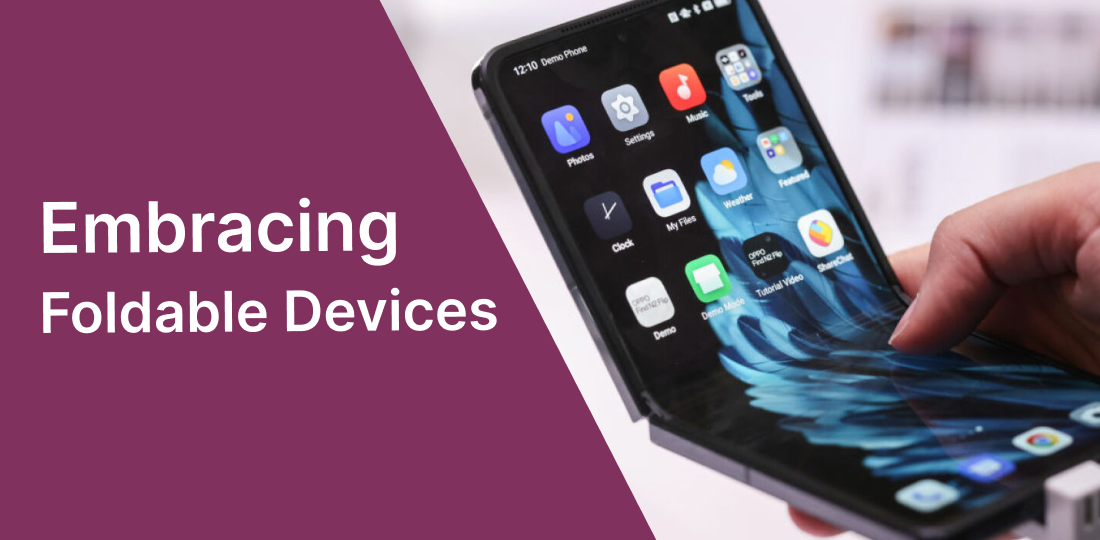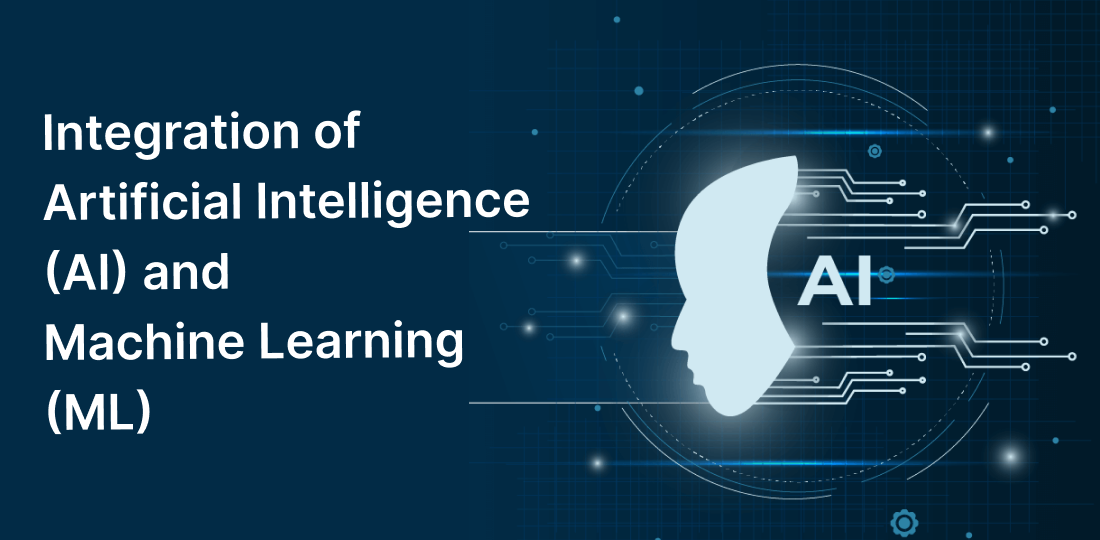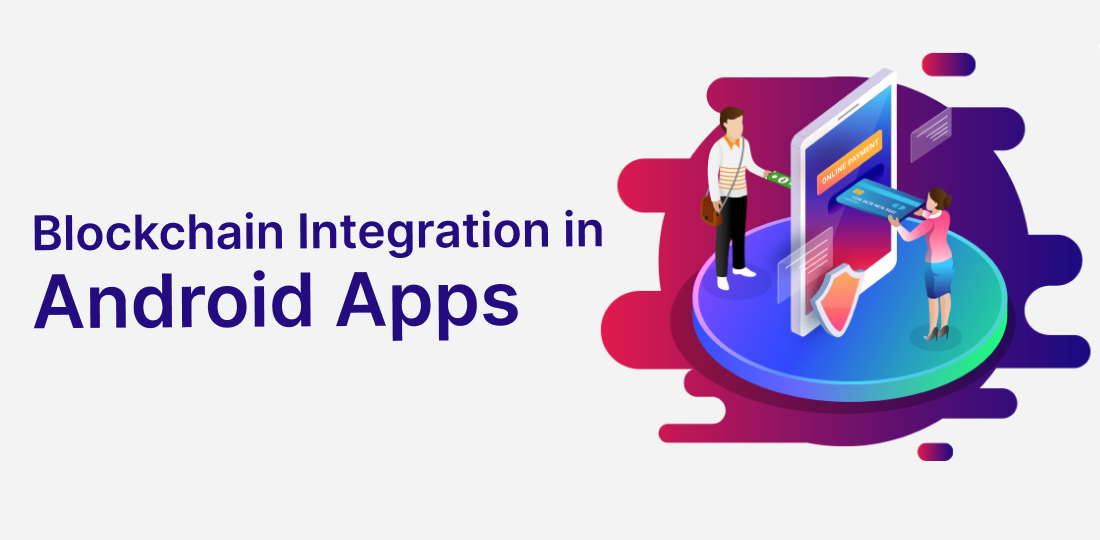Emerging Trends in Android App Development:
In the rapidly evolving landscape of technology, Android app development continues to witness new trends and advancements. Staying updated with the latest trends is essential for developers and businesses to deliver innovative and user-centric applications. This blog explores the emerging trends in Android app development that are expected to shape the industry in 2024.
Rise of Instant Apps
Instant apps have gained significant traction in recent years, transforming the way users interact with Android applications. These lightweight apps allow users to access specific functionalities without the need for installation. In this section, we delve into the benefits of instant apps, such as improved user acquisition, increased engagement, and seamless experiences. We also discuss successful use cases and how developers can leverage instant apps to drive conversions and enhance user experiences.
Progressive Web Apps (PWA)
Progressive Web Apps (PWA) have emerged as a compelling solution to bridge the gap between web and native mobile apps. PWAs offer the advantages of both worlds, including offline functionality, enhanced performance, and cross-platform compatibility. In this section, we explore the concept of PWAs, their architecture, and their potential to revolutionize Android app development. We discuss examples of successful PWAs and how they provide a seamless and engaging user experience.
Enhanced User Experience with Augmented Reality (AR)
Augmented Reality (AR) has become increasingly prevalent in Android app development, unlocking new possibilities for immersive user experiences. In this section, we explore how AR technology enhances Android apps by overlaying virtual content onto the real world. We discuss the applications of AR in various industries, including gaming, e-commerce, education, and healthcare. Additionally, we provide insights into the development tools and frameworks available for integrating AR into Android apps.
Embracing Foldable Devices
Foldable devices have entered the market, offering unique form factors and user experiences. Developers need to adapt their Android apps to make the most of these devices' capabilities. In this section, we examine the emergence of foldable devices, the design considerations for developing apps for foldable screens, and the opportunities they present for creating innovative user interfaces and experiences. We discuss best practices and strategies for optimizing apps for foldable devices, ensuring a seamless transition between different screen modes and orientations.
Integration of Artificial Intelligence (AI) and Machine Learning (ML)
Artificial Intelligence (AI) and Machine Learning (ML) continue to drive significant advancements in Android app development. In this section, we delve into the integration of AI and ML technologies, exploring their potential to enhance app capabilities and user experiences. We discuss AI-powered features, such as voice assistants, chatbots, and personalized recommendations, and their impact on user engagement. Furthermore, we explore the frameworks and tools available for developers to incorporate AI and ML into their Android apps.
Blockchain Integration in Android Apps
Blockchain technology has gained attention beyond the realm of cryptocurrencies, finding its way into Android app development. In this section, we discuss the benefits of blockchain integration in Android apps, such as enhanced security, transparency, and decentralized features. We explore potential use cases for blockchain in areas like secure transactions, supply chain management, digital identity verification, and data privacy. Moreover, we highlight the challenges and considerations for developers when integrating blockchain into their Android apps.

